The next day again John was standing with two of his disciples, and he looked at Jesus as he walked by and said, “Behold, the Lamb of God!” The two disciples heard him say this, and they followed Jesus. Jesus turned and saw them following and said to them, “What are you seeking?” And they said to him, “Rabbi” (which means Teacher), “where are you staying?” He said to them, “Come and you will see.” So they came and saw where he was staying, and they stayed with him that day, for it was about the tenth hour. One of the two who heard John speak and followed Jesus was Andrew, Simon Peter’s brother. He first found his own brother Simon and said to him, “We have found the Messiah” (which means Christ). He brought him to Jesus.
John 1:35-42a
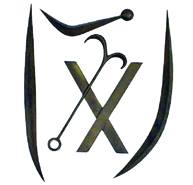
Today is the feast of St. Andrew, the apostle recognized as the first of Christ’s disciples. You can find his shield in Wyneken Hall (pictured here), which shows the boat hook of a fisherman and an “X” shaped cross. As we fast approach the Advent season, this symbol of Andrew’s martyrdom directs our focus on the life poured out on us from another cross, where the lamb of God was crucified for our transgressions in order to win us salvation. Come, Lord Jesus!

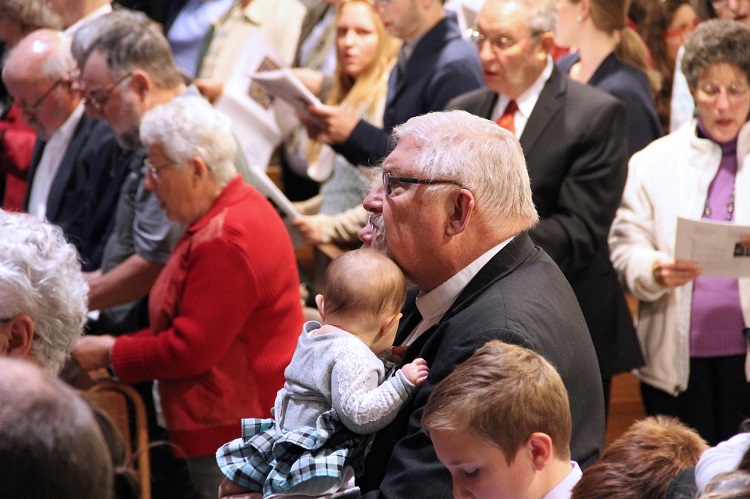
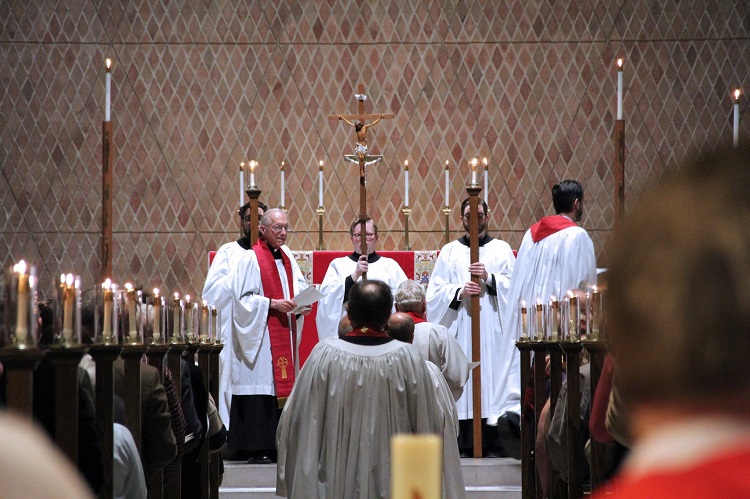
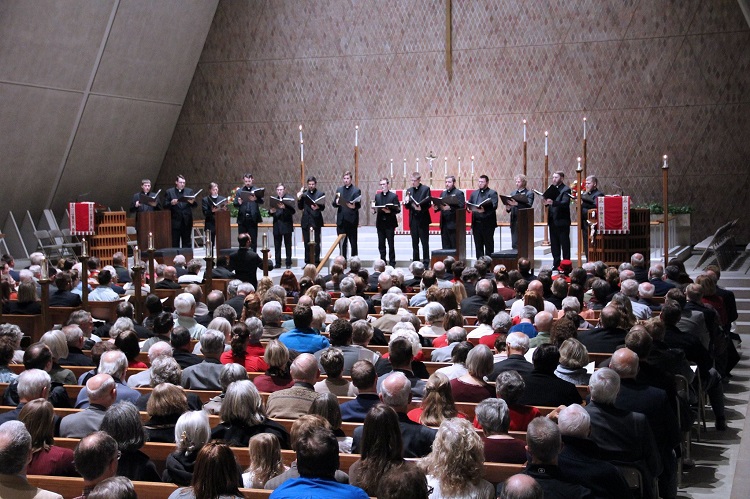
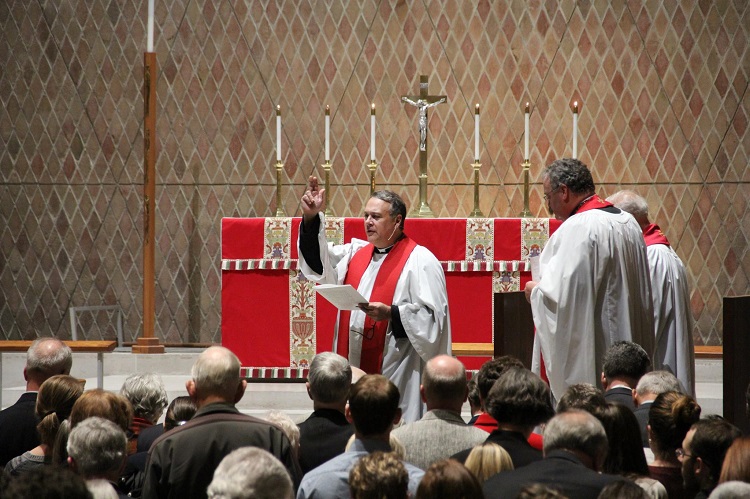
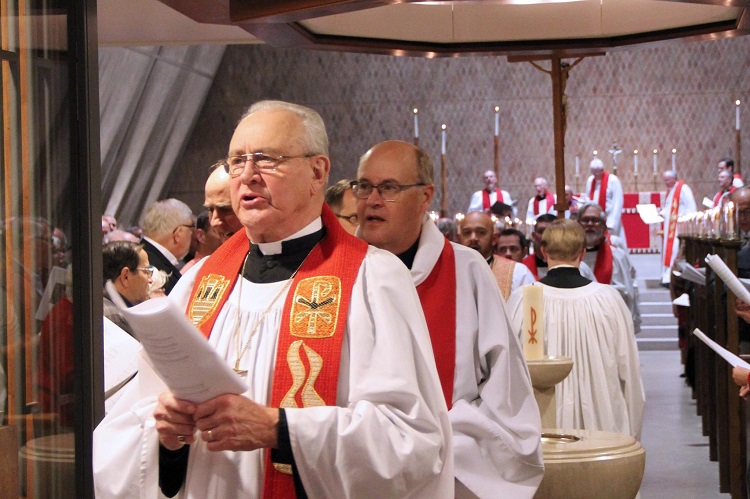
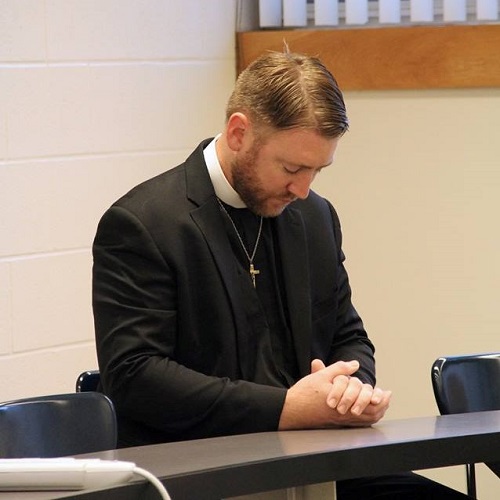
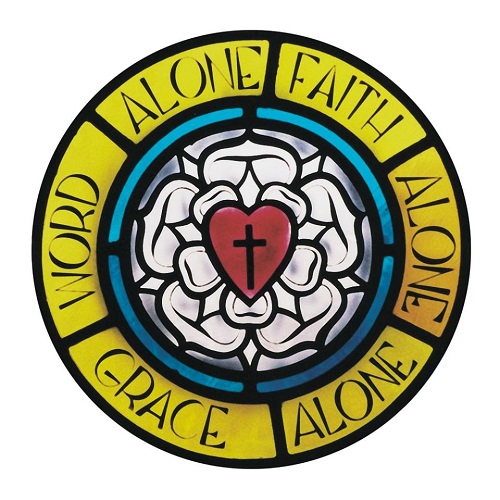
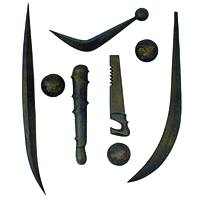
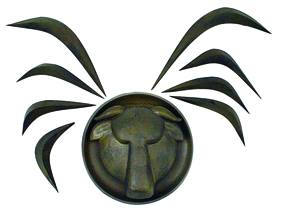
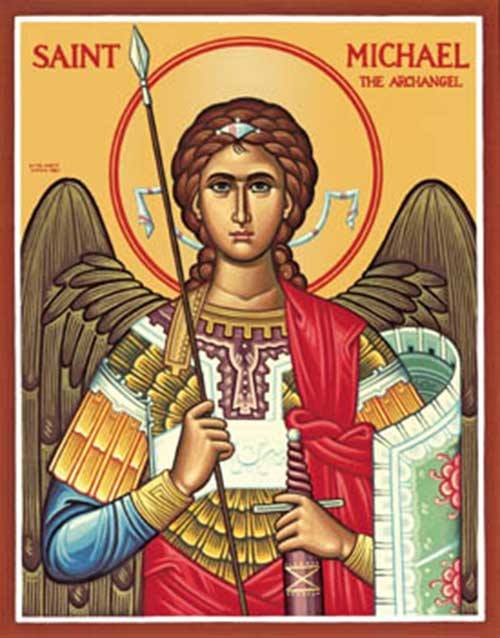 Lutherans observe St. Michael and All Angels in our liturgical calendar because it is a feast day that points directly to Christ. Throughout Scripture angels are warriors and messengers, appearing on God’s command to deliver either judgment or His Gospel message. They announced Jesus’ birth, ministered to Him after Satan tempted him in the wilderness, and were present at His resurrection and ascension. We celebrate Michaelmas (an old name for the day) because it points to Jes
Lutherans observe St. Michael and All Angels in our liturgical calendar because it is a feast day that points directly to Christ. Throughout Scripture angels are warriors and messengers, appearing on God’s command to deliver either judgment or His Gospel message. They announced Jesus’ birth, ministered to Him after Satan tempted him in the wilderness, and were present at His resurrection and ascension. We celebrate Michaelmas (an old name for the day) because it points to Jes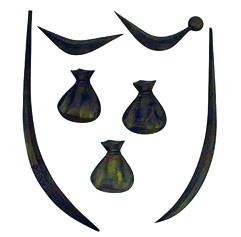
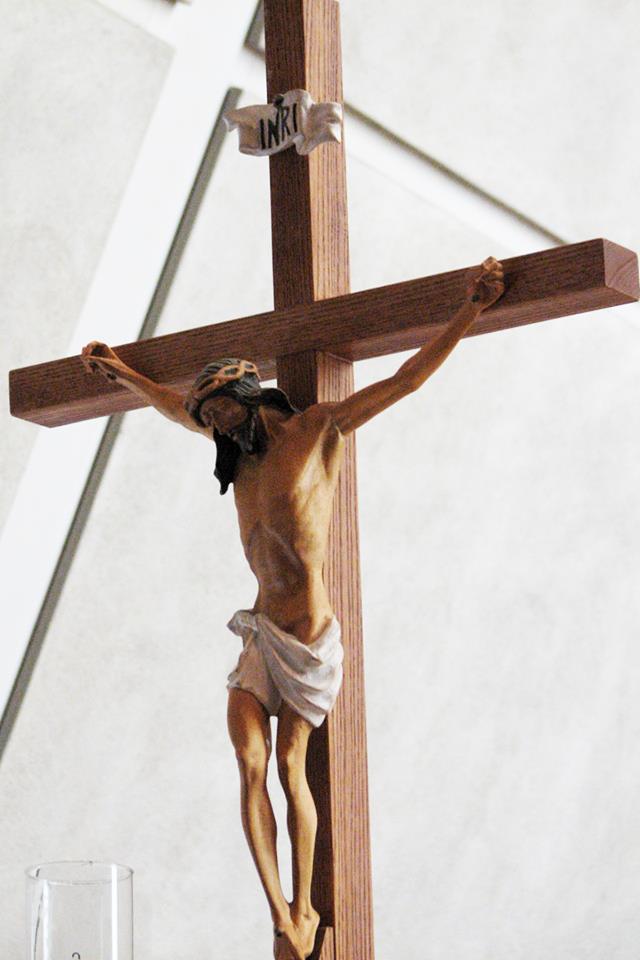 1 Corinthians 1:18-25
1 Corinthians 1:18-25